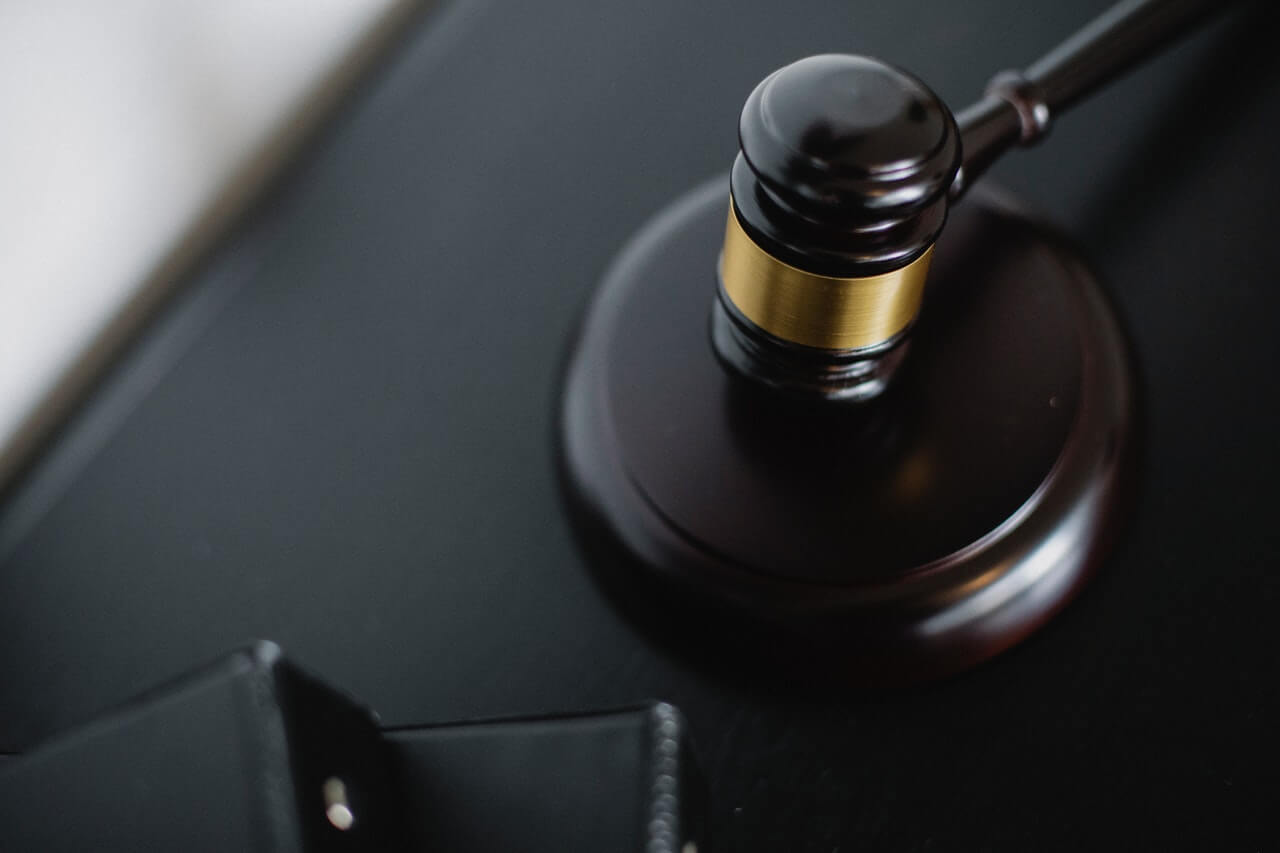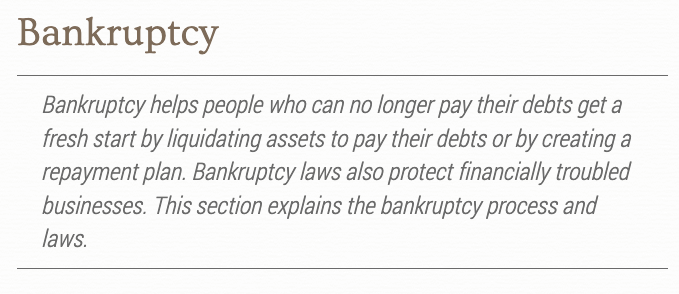Last Updated on October 24th, 2023 at 02:55 pm
When you file for bankruptcy, you will undergo a formal court process in just a matter of weeks and it will be confirmation that you have had difficulty in making repayments for various loans and financial obligations. There are approximately 1.5 million people in the US who declare bankruptcy every year, which is around 1 in 55 households.
Whilst being ‘declared bankrupt’ can have the single biggest impact on your credit score, it can put an immediate stop on any court orders, bailiffs or people chasing you for money.
You Have Various Options When Filing for Bankruptcy including:
Chapter 7 – Your stuff is sold off to pay off your debts, including your car, clothes, household items, tools, belongings, jewellery, any pension or your your home. The court essentially ‘liquidates your assets.’
Chapter 11 – This is for businesses that wish to declare a state of bankruptcy.
Chapter 13 – This is a plan approved by the court where you get 3-5 years to pay off your debts, but you can keep your car, home and any other assets you own.
What is Bankruptcy?
Bankruptcy is a court-approved status that confirms your financial difficulty and that you cannot repay your debtors at the current time. This process must be approved by a bankruptcy judge and you must take a financial education course upon being named bankrupt.
This has the ability to write-off your debts, delay your debts until further notice or it is a formal process to sell off anything you own to pay off the people who you owe money to.
You could have built up lots of debt from shopping, credit cards, payday loans, car loans, mortgages and everything else in between. In fact, for some people with expensive medical bills and with no insurance and no income, this is often a way to fall behind on payments and find yourself edging towards bankruptcy.
You will usually require a lawyer or couselor to assist you with declaring bankruptcy – and this can be free or you should pay for it. You should look for government-approved credit counseling agencies for assistance here.
Source: https://www.uscourts.gov/services-forms/bankruptcy
What Are The Advantages of Bankruptcy?
Get creditors off your back – If you have bailiffs showing up at your home, endless letters of delayed payments and are struggling to keep up with outstanding debts, by declaring bankrupt, you could bring this all to a halt. Once you are officially bankrupt, the creditors will ease off you, but you still may need to arrange a way to repay them.
Become debt-free – Through this process, you are working with professionals in the court and couselors to help you eventually become debt-free. This might involve selling off some things you love and own, but it is one step closer.
Start fresh – For people who are ravaged with debt problems, this could be an opportunity to eventually start fresh, even though it might take a few years to come right. Certainly for businesses, it is not uncommon for someone to close down a company and declare bankruptcy, but start again in a few years time and actually build up a successful business.
What Are The Disadvantages of Bankruptcy?
Your credit score is wiped out – Being bankrupt is the biggest thing that can negatively impact your credit score, with Chapter 7 staying on record for 10 years and Chapter 13 being on your record for 7 years. Your credit score is one of the most important things to get approved for any kind of credit product, such as a credit card, loan or car and it can also impact your ability to rent an apartment or sometimes get a cell phone.
Struggle to get credit in the future – Having bankruptcy on your credit file will make it hard if you ever need to borrow money or want to buy a house or car. It will take many years to build this up again and you may find that you are prone to finding alternative ways to pay for things, such as buying a car in cash or using bad credit loans where the rates are much higher.
Could lose important assets and items – If you go down the Chapter 7 route, you are going to find a lot of your important things in life are stripped from you, with your home or car being repossessed, random household items taken from your home (not heir looms, but white goods, TVs etc) and this is enforced by the court. You could lose some of your pension if there is money built up in and you may find that financially you are pretty much starting from scratch.
How to File for Bankruptcy
Step 1: Complete a credit conseling session and get a certificate to file with their bankruptcy petition
Step 2: The conselor will review your situation, offer advice on debt management and offer alternatives (see below). This could be free or chargeable.
Step 3: You should provide a means test form including your income, debts and assets that you owe and own. There is a filing fee involved.
Step 4: A bankruptcy trustee will be assigned your case and arrange a 341 meeting with your creditors to discuss any opportunities for repayments and to ask any questions.
Step 5: Your case will be decided by a judge
Step 6: You will take a debtor education course
Step 7: If decided in your favor, your debts will be discharged
Can I Declare Bankruptcy and Still Keep My Car?
Yes, depending on which Chapter you select, there are ways to keep your car. You may have to pay off your debts in other ways, maybe selling off important items that you own, or part of your house, but if keeping your car is a priority, you can hold onto this.
Of course, this depends on how bad your debts are and if they are really bad, you may have no choice but to relinquish your car. And if it is your car that is behind on repayments, well this might be repossessed to cover them. It may also depend on whether you own your car outright or not.
What Are The Alternatives To Bankruptcy?
Writing to your debtors and creating a plan – Avoiding your debtors is not a good way to handle your debt. If you speak to them and respond, they can offer forbearance, which means that they can essentially go easy on you. You may find that they offer arrangements or repayment plans to help you pay off your debts and if you sit down and speak to each one carefully, you could construct a plan to pay off your debts without making yourself bankrupt.
Debt consolidation loan – This is a type of loan, often secured against your home, which puts all your debts into one large loan to pay off over 1 to 25 years. This means that all of your debts can be paid off at once and cleared! So no more need to worry about the letters or potential court dates. You just have to stick to paying off the debt consolidation loan on time and make sure that you do not add more debts on top because this can make it hard to stay on top of.
Paying off the debts – There are creative ways to pay off your debts, whether it is selling household items that you do not need through a garage sale, borrowing money from family and friends, downsizing your car or home or even picking up an extra job or two – it is possible and if it is only temporary, this could save you a lot of hassle!


